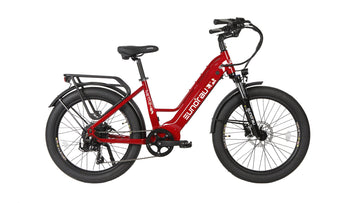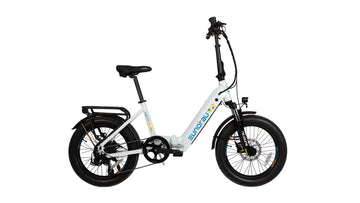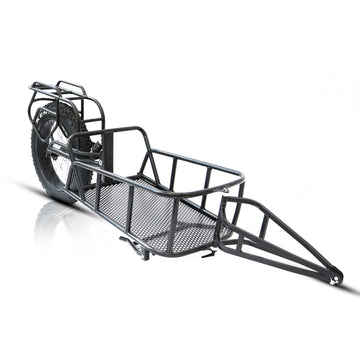
The ebike industry has grown rapidly in recent years, driven by shifting consumer preferences toward eco-friendly transportation and innovative mobility solutions. However, political shifts can have profound impacts on industries, and with Donald Trump potentially returning to the presidency, it’s worth exploring how his policies might influence the ebike market.
Regulatory Landscape: A Double-Edged Sword
Donald Trump’s previous administration championed deregulation, which could simplify compliance requirements for ebike manufacturers and reduce operational costs. This may encourage innovation and allow companies to focus more on developing advanced products.
On the flip side, Trump’s tendency to impose tariffs on imports, particularly from China, could significantly impact the cost of manufacturing ebikes. Many components, such as batteries and motors, are imported, and increased tariffs could drive up production expenses. This may lead to higher prices for consumers and challenge the affordability of ebikes in the U.S. market.
Infrastructure and Urban Mobility
Trump’s infrastructure priorities have historically centered on highways and traditional transportation rather than alternative mobility solutions. If this continues, federal investment in bike lanes and urban cycling infrastructure might be limited, potentially affecting the appeal of ebikes as a commuting option.
However, this could also push state and local governments to take the lead in funding and developing cycling infrastructure. Ebike companies may need to advocate for these investments and partner with local authorities to sustain urban mobility trends.
Environmental and Climate Policies: A Shift in Focus
Trump’s stance on climate change and renewable energy has been well-documented. A reduced focus on sustainability initiatives could deprioritize ebikes as an eco-friendly transportation choice. Consumers who were previously drawn to ebikes for their environmental benefits might shift their focus.
Nevertheless, ebikes have advantages beyond sustainability. They are convenient, cost-effective, and increasingly seen as a lifestyle choice. The industry can seize this opportunity to highlight these benefits and market ebikes to a broader audience.

Tax Policies and Financial Incentives
Federal tax incentives or subsidies for ebikes may be unlikely under Trump’s administration. This could impact affordability, especially for first-time buyers.
However, Trump’s pro-business policies, such as corporate tax cuts, could benefit ebike manufacturers and retailers. These savings might allow companies to invest more in marketing, research, and development to stay competitive.
Market Opportunities: Expanding Horizons
A Trump presidency could present unexpected opportunities for the ebike industry:
- Rural Market Growth: Policies that favor rural development might open new markets for ebikes. They can be marketed as practical and recreational tools for less urbanized areas, offering a chance to reach a different demographic.
- Law Enforcement Demand: Ebikes are increasingly being adopted by police departments for patrol purposes. A focus on supporting law enforcement could further expand this market, and companies like Eunorau are already catering to this demand with specialized models.
Shifting Consumer Sentiments
Political climates often influence consumer preferences. While a Trump presidency might deprioritize green initiatives, the ebike industry has the flexibility to adapt. Companies can emphasize health benefits, cost savings, and the fun factor of riding ebikes to keep demand strong.
Donald Trump’s presidency could bring both challenges and opportunities for the ebike industry. From navigating tariffs and reduced subsidies to exploring new markets and shifting marketing strategies, the future will depend on how well the industry adapts to changing political and economic landscapes.

Regardless of political changes, the rise of ebikes as a practical and versatile transportation solution remains undeniable. It’s up to companies, advocates, and consumers to ensure that the momentum continues, shaping a future where ebikes remain a central part of mobility innovation.

















